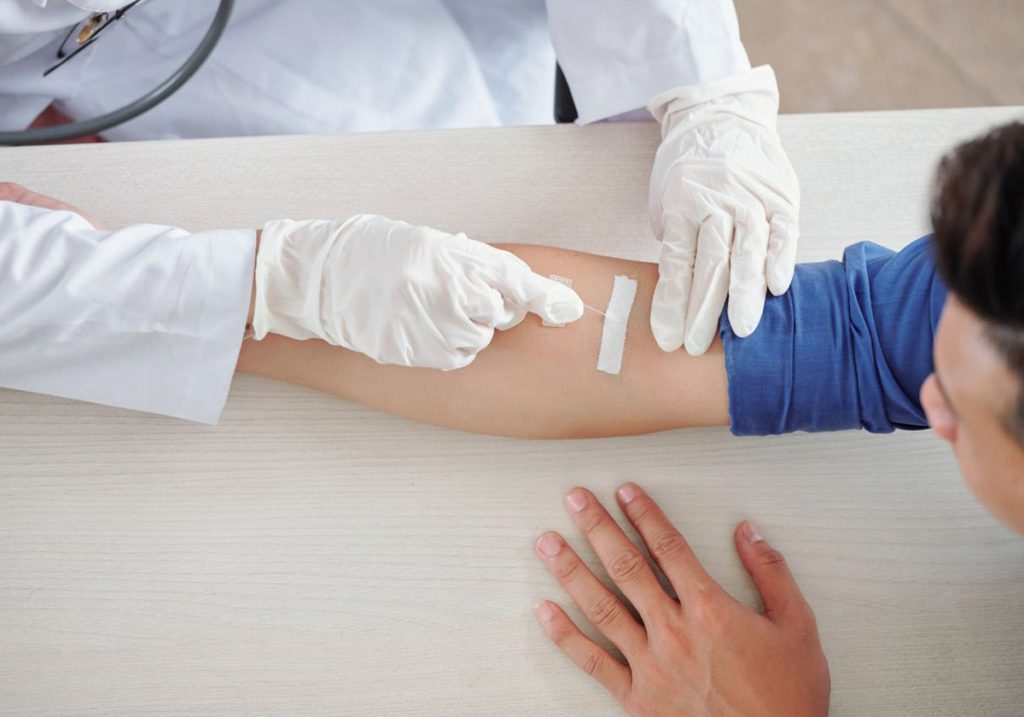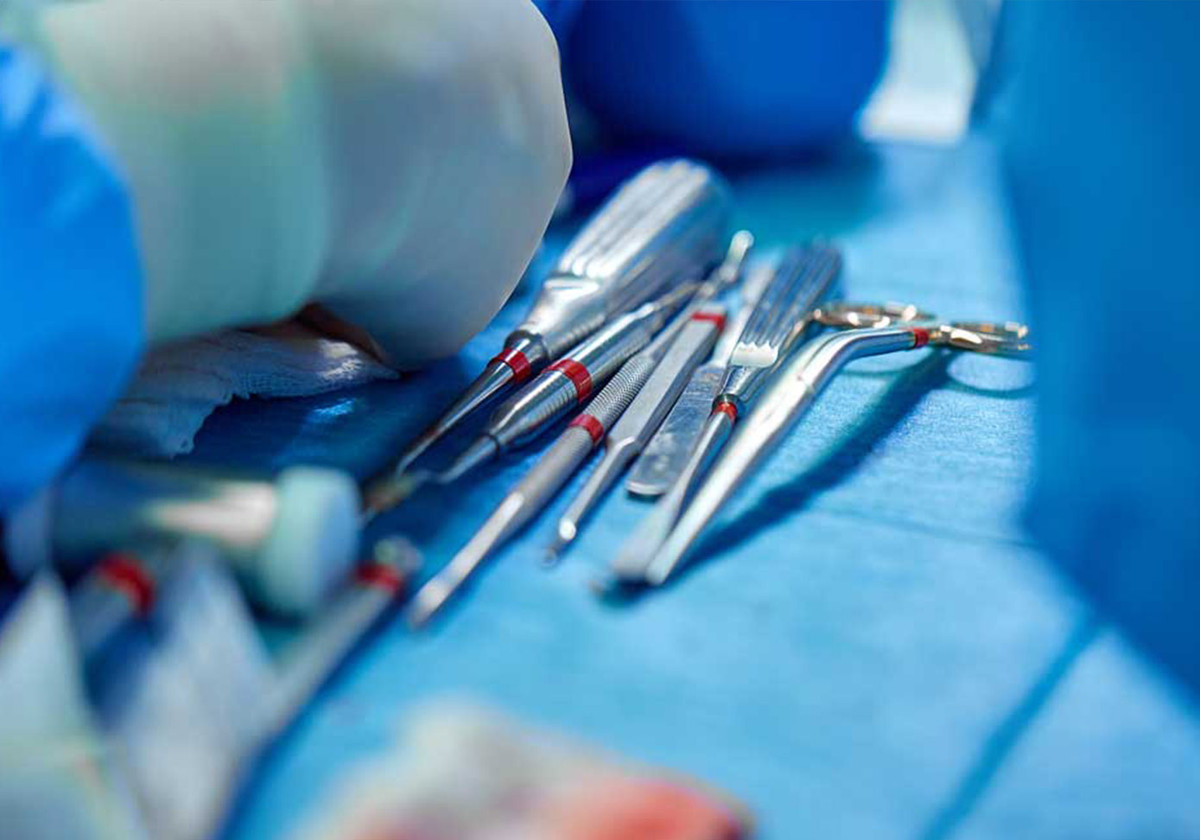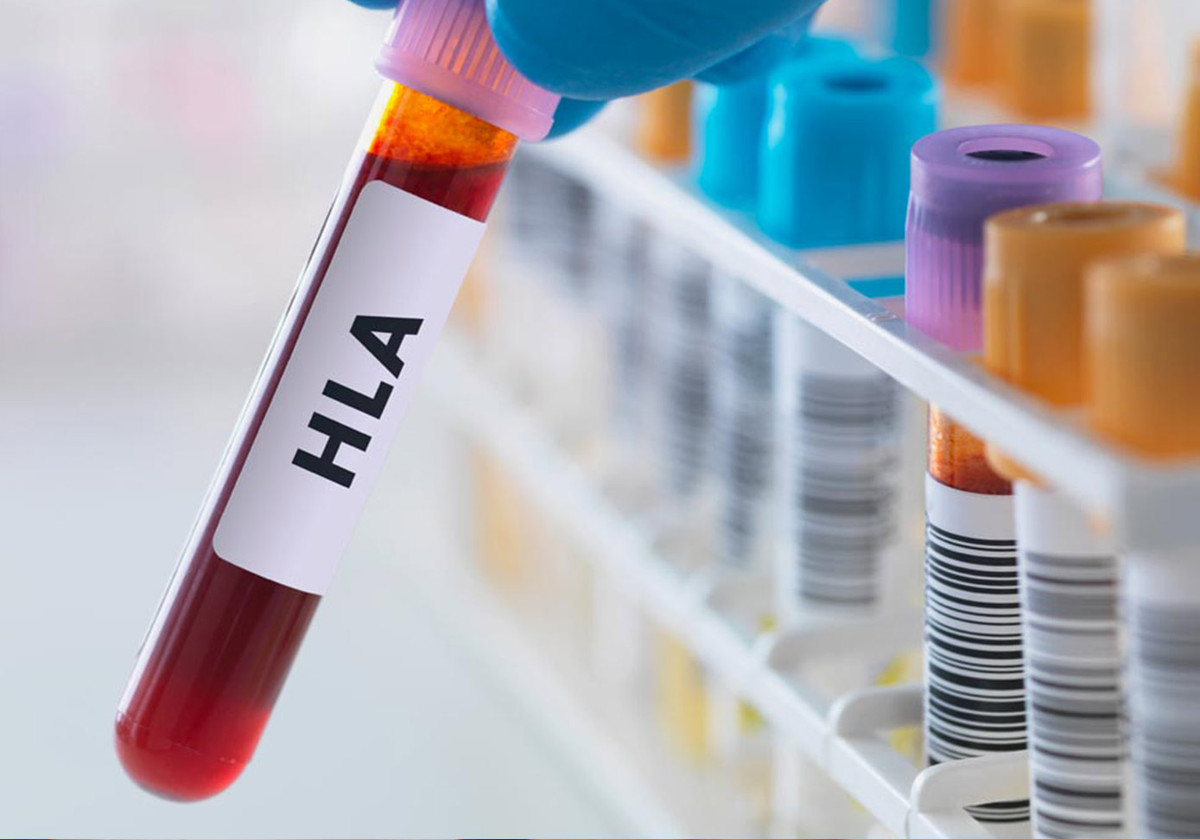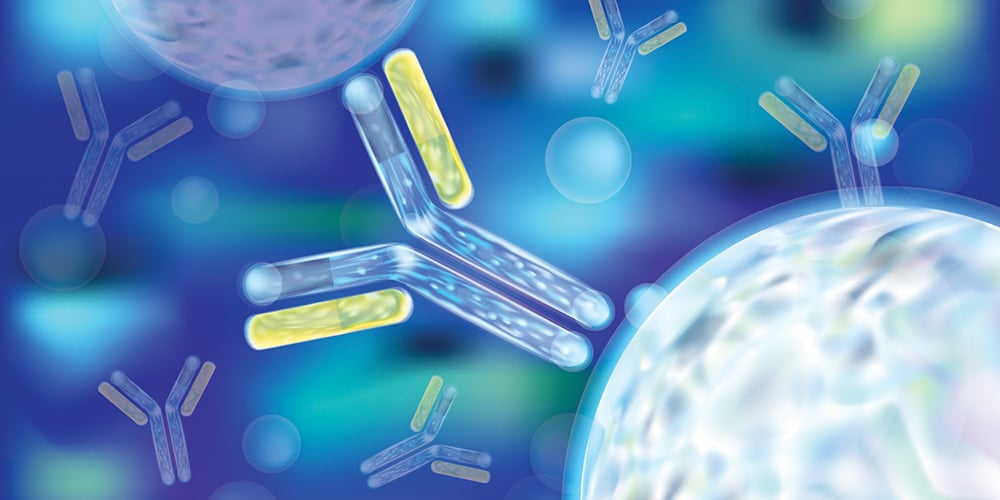Required Tests before Kidney Transplant
Before a kidney transplant, you need certain tests to see if you are qualified to receive a kidney. In addition, you should do the tests in order to find a donor matching you the most.
Evaluation
The transplant team should have a full health evaluation on you to decide if you are ready to have a transplant. You will need to undergo several tests and exams, to make sure you are physically ready for this operation. You also require having a mental evaluation by social workers to ensure you are not only physically ready but also mentally eligible to receive a donor kidney and follow the directions you receive from the transplant team. They also get some information about your financial status and your health insurance to plan the best care for you. The transplant team assesses you in the following regards:
- Whether you are healthy enough to tolerate the surgery and undergoing lifelong medication
- If you take medications that would interfere with transplant success
- Whether you are willing to take medications as it was prescribed
The evaluation process may take several days and include a physical exam, X-ray, MRI, and CT scan images, blood tests, psychological evaluation, or any other essential test that is ordered by your doctor. Each transplant center has its own criteria; therefore, you may apply to another center if you are not accepted as an eligible candidate in the previous center.

Blood Typing Test
Blood typing is the first blood test that needs to be done to determine if you and your donor have compatible blood. There are four basic blood types: A, B, O, and AB. It is preferred that the recipient and the donor have matched or compatible blood types. Rh factor (+, -) is not important in blood typing. O blood group is known as the universal donor because it is compatible with all the other blood types. AB is the universal recipient because it can receive from all the other blood types.
- Donors with blood type A are matched with recipients having blood types A and AB
- Donors with blood type B are matched with recipients having blood types B and AB
- Donors with blood type AB are only matched with recipients having blood types AB
- Donors with blood type O are matched with recipients having blood types A, B, O, and AB
When your blood type is similar to the new kidney’s blood, there is a lower risk that your immune system fights the new organ. A renal transplant with incompatible blood types is also possible; however, to reduce the risk of kidney rejection, it needs additional medical treatment before and after the transplant. This kind of transplant is known as an ABO-incompatible kidney transplant. When the blood types are not compatible, you may also consider participating in a paired exchange program that lets you receive a kidney from another donor who is not matched with their intended recipient. For getting more information about your options, you can talk with your transplant coordinator.
Human Leukocyte Antigen (HLA) or Tissue Typing
After blood typing, the next step is tissue typing which is called human leukocyte antigen (HLA) typing. Tissues of Each person’s body are different from another person (except for identical twins). Antigens are found on body cells, mostly on white blood tests. The better the tissues are matched, the more successful the kidney transplant would be. The chance of tissue matching would be at least 50 percent between parents and their offspring. This chance for siblings is between zero to 100 percent, but for unrelated people, there is less chance for tissue matching. The best condition is when 12 out of 12 antigen markers match. If the results of tissue typing show a good match, the risk of kidney rejection is lower.
Crossmatch
Crossmatch tests should be done multiple times, even within 48 hours before a kidney transplant. In this test, a small sample of the recipient blood is combined with a sample of the donor’s blood in the laboratory. This test shows whether your blood antibodies will react against specific antigens in the donor’s blood. If the crossmatch test shows a positive result, it means you have antibodies against the donor’s blood and you are not eligible to receive a kidney from that donor. If the transplant takes place under this condition, it will lead to immediate kidney rejection. If the crossmatch result is negative, it means your blood does not have antibodies reacting against the donor’s blood; therefore, you are compatible and eligible to receive a kidney from this donor.
Immunology and Serology
Immunology involves studies on the body’s immune system, its functions, components, types, and disorders. Serology refers to the study of antibodies existing in body fluids and blood. It often studies the blood serum to detect any transmissible diseases such as human immunodeficiency virus (HIV), COVID-19 infection, and hepatitis. Because transmissible diseases in the donor kidney can infect the recipient’s body, a serology test should be carried out before a renal transplant. The other tests that you may need to take according to your doctor opinion are:
- Prostate exam for men
- Mammogram and Pap smear for women
- Heart and lung tests
- Kidney and liver tests
- Colon exam (colonoscopy)
Other factors
To find the most compatible donor kidney, your transplant team may consider additional factors including finding a donor who has a matching age or a kidney with similar size. Your doctor may order other tests to evaluate the risk of infection exposures. If you would like to get more information about renal transplant procedure and its required tests, you may contact us through provided numbers and our online form.






Comments & Questions